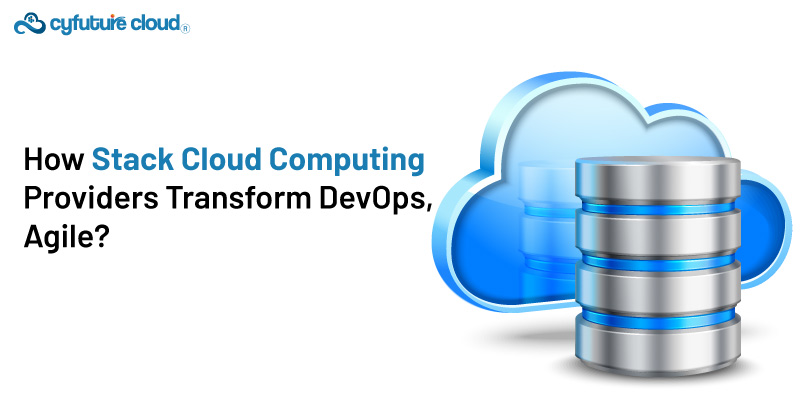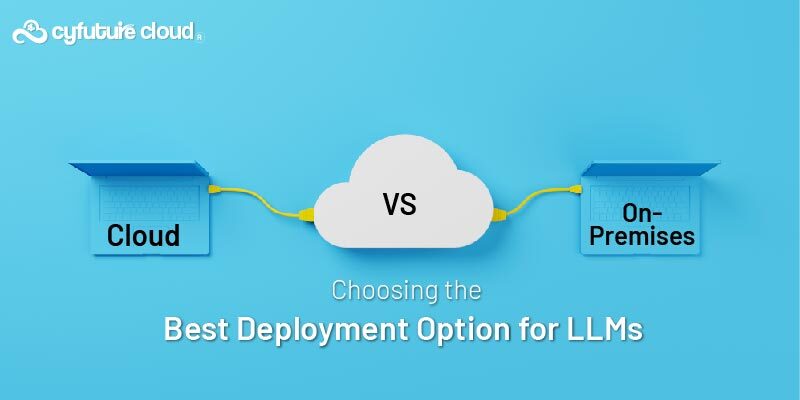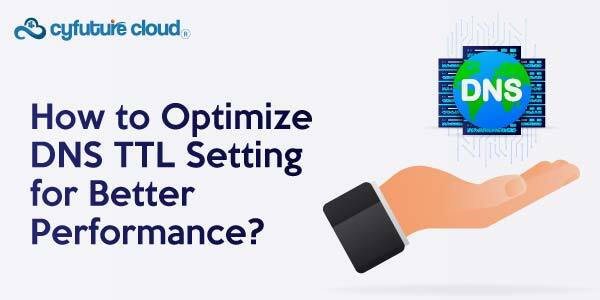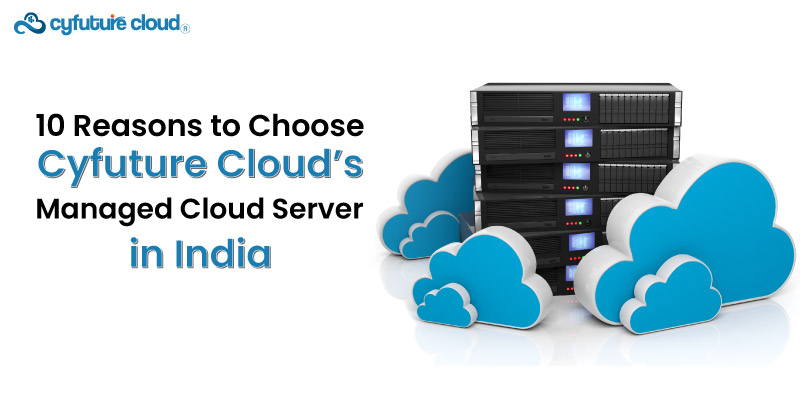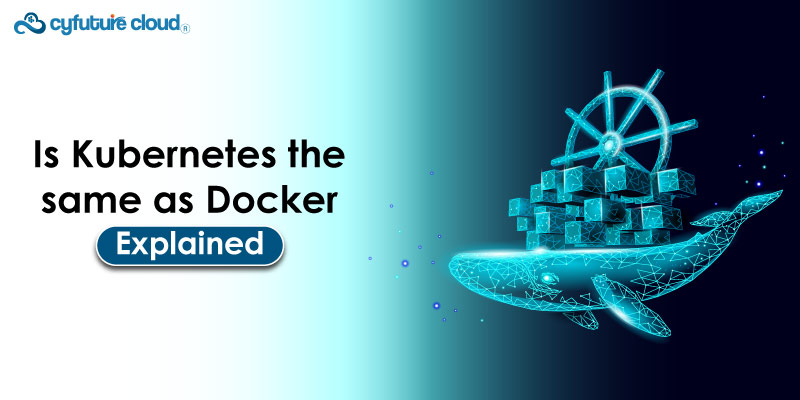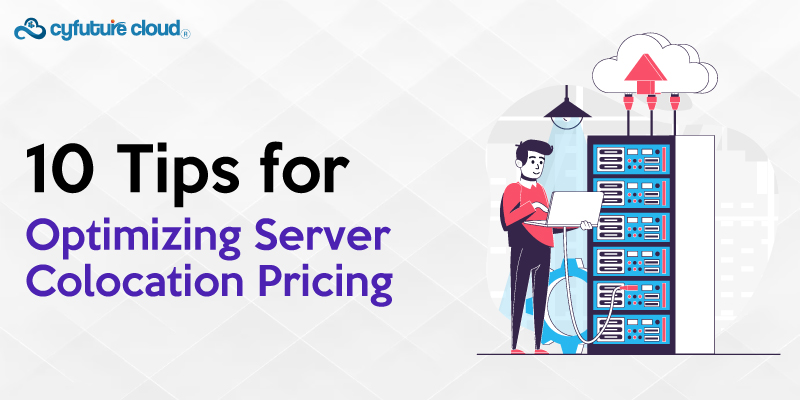Table of Contents
A group of cloud-based software solutions that are tailored to the requirements of a particular business, such as healthcare, retail, manufacturing, or finance, are referred to as “industry cloud platforms.” These platforms offer specialised functionality, services, and data analytics that let businesses boost efficiency, streamline operations, and improve customer satisfaction.
Industry cloud platforms have grown significantly in popularity in recent years, and the industry is expected to expand at a compound annual growth rate (CAGR) of 31.8% from $28.8 billion in 2020 to $146.4 billion by 2026. The rise of digital transformation projects, the demand for industry-specific solutions, and the rising acceptance of cloud technology are the main drivers of this expansion.
Industry cloud platforms provide businesses with a number of advantages, such as lower IT expenses, quicker time to market, higher scalability, and better data protection. These platforms make use of cutting-edge innovations like artificial intelligence (AI), machine learning (ML), and the Internet of Things (IoT) to offer individualised services and insights that support businesses in making data-driven choices. Read the blog for additional information.
Benefits of Industry Cloud Platforms
Organisations in a variety of sectors can benefit from industry cloud platforms in a number of ways. Cost savings, increased flexibility, scalability, data protection, and system integration are a few of these advantages.
Cost Reduction
Cost reduction is one of the key benefits of industry cloud platforms. Due to the pay-as-you-go nature of these platforms, businesses no longer need to invest in pricey hardware, software, and IT infrastructure. Businesses can gain from economies of scale since cloud service providers can use their capabilities to lower consumer expenses. 70% of businesses said that embracing cloud technology has reduced their IT expenditures, according to a poll.
Enhanced Flexibility
Industry cloud platforms provide more flexibility, enabling businesses to quickly adapt their solutions to their specific needs. These platforms include a variety of services, such as application programming interfaces (APIs), software development kits (SDKs), and tools for programmers to create and integrate their own apps. Organisations may enhance customer experience, accelerate innovation, and swiftly respond to shifting business demands because of this flexibility.
Scalability
Industry cloud platforms give businesses the flexibility to scale up or down their operations as needed without making substantial infrastructure or resource commitments. Elastic computing, which enables businesses to swiftly add or withdraw resources based on demand, is used to achieve this. A survey found that 66% of businesses cited scalability as a key advantage of cloud computing.
Data Security
Industry cloud platforms provide strong data security features to safeguard critical information for organisations. For the purpose of preventing unauthorised access, data breaches, and cyberattacks, these platforms provide encryption, firewalls, and intrusion detection and prevention systems. To maintain compliance with industry standards and laws like the General Data Protection Regulation (GDPR) and the Health Insurance Portability and Accountability Act (HIPAA), cloud providers also often upgrade their security processes.
Integration with Existing Systems
Industry cloud platforms enable organisations to use their present investments while implementing new technologies since they allow seamless interaction with existing systems. A variety of integration solutions, including as application-to-application (A2A), business-to-business (B2B), and application-to-database (A2D), are supported by these platforms. Organisations may increase operational effectiveness, cut down on mistakes, and streamline operations thanks to this connection.
Examples of Industry Cloud Platforms
Industry cloud platforms have significantly increased in popularity across a range of sectors, including manufacturing, retail, healthcare, and finance. Here are a few instances of cloud platforms used by businesses in each of these sectors:
Healthcare Industry
In order to manage patient data, enhance clinical processes, and improve healthcare delivery, healthcare organisations need robust solutions. Microsoft Azure for Healthcare is a market-leading cloud platform that offers HIPAA-compliant tools and services to help healthcare organisations provide better patient care. Services offered by Azure for Healthcare include Azure API for FHIR, which facilitates the safe exchange of healthcare data, and Azure IoT for Healthcare, which enables the development of IoT-based smart healthcare solutions.
Manufacturing Industry
Organisations in the manufacturing sector need solutions that optimise output, cut costs, and raise quality. Amazon Web Services (AWS) for Manufacturing, which offers a variety of services and solutions to help manufacturers improve their operations, is one of the major cloud platforms in the sector. Amazon Elastic Compute Cloud (EC2), which offers scalable computing resources, and AWS IoT, which facilitates the development of IoT-based smart manufacturing solutions, are two examples of services offered by AWS for Manufacturing.
Finance Industry
Solutions that increase security, improve compliance, and foster innovation are needed by the finance sector. IBM Cloud for Financial Services is one of the top cloud platforms in the financial services sector and offers a number of tools and services to help financial organisations shift their operations safely to the cloud. IBM Cloud for Financial Services offers services including IBM Cloud Identity and Access Management, which offers sophisticated security controls, and IBM Cloud Pak for Data, which gives financial organisations access to sophisticated data analytics capabilities.
Retail Industry
Solutions that improve operations, foster innovation, and improve the customer experience are needed for retail organisations. Google Cloud for Retail, which offers a variety of services and solutions to help retailers improve their operations, is one of the major cloud platforms in the sector. Among the services offered by Google Cloud for Retail are Google Cloud AI, which offers cutting-edge AI and ML capabilities to allow personalised consumer experiences, and Google Cloud IoT, which enables the development of IoT-based smart retail solutions.
Future of Industry Cloud Platforms
Industry cloud platforms have grown significantly in recent years, and they appear to have a bright future. The following important variables will influence how industrial cloud platforms develop in the future:
Increased Adoption
In the upcoming years, it is anticipated that the usage of industry cloud platforms would continue to rise. According to a MarketsandMarkets analysis, the industrial cloud market is anticipated to develop at a CAGR of 17.3% from 2021 to 2026, reaching $102.3 billion. Some of the main drivers of this expansion include the rising use of cloud technology, the demand for specialised solutions, and the advantages provided by industrial cloud platforms.
Technological Advancements
Industry cloud platforms are anticipated to expand as a result of developments in technologies like artificial intelligence (AI), machine learning (ML), and the Internet of Things (IoT). These technologies give businesses the ability to develop clever solutions that streamline their processes, enhance customer satisfaction, and foster creativity. These technologies are projected to drive considerable growth for industry cloud platforms during the next few years.
Expansion of Cloud Services
It is anticipated that the rise of industry cloud platforms would be fueled by the expansion of cloud services. In order to meet the unique requirements of diverse sectors, cloud service providers like Amazon Web Services (AWS), Microsoft Azure, and Google Cloud Platform are constantly increasing their products. With the addition of new services, industrial cloud platforms can now provide more specialised solutions that are tailored to the particular needs of distinct sectors.
Various Cloud Platforms Commonly used in Industrial Sectors:
| Cloud Platform | Description |
|---|---|
| AWS IoT | Amazon Web Services’ IoT platform providing scalable solutions for connecting devices, managing data, and enabling machine learning applications in industrial IoT environments. |
| Microsoft Azure IoT | Microsoft’s Azure IoT platform offering tools for device connectivity, data processing, analytics, and AI integration, empowering industries to build and deploy IoT solutions efficiently. |
| Google Cloud IoT Core | Google Cloud’s IoT Core platform facilitating secure device connectivity, data ingestion, and management, enabling industries to leverage Google’s infrastructure for IoT deployments. |
| IBM Watson IoT | IBM’s Watson IoT platform combining IoT device management, data analytics, and AI capabilities, supporting industries in optimizing operations, predictive maintenance, and quality control. |
| Siemens MindSphere | Siemens’ industrial IoT platform leveraging cloud infrastructure for data collection, analytics, and connectivity, aiding industries in achieving digital transformation and operational insights. |
Final Thoughts
Industry cloud platforms have become a game-changer for a number of sectors, enabling businesses to streamline operations, enhance customer satisfaction, and foster innovation. The proliferation of cloud services, rising acceptance, and technical improvements all point to a bright future for industrial cloud platforms.
Industry cloud platforms are a desirable alternative for businesses wishing to shift their operations to the cloud due to the advantages they provide, including cost savings, more flexibility, scalability, data protection, and interaction with current systems. The market for public cloud services is predicted to expand from $242.7 billion in 2019 to $397.4 billion in 2022, indicating that the use of cloud services will likely continue to rise.
Furthermore, it is anticipated that the growing use of technologies like AI, ML, and IoT would further propel the development of industry cloud platforms. These technologies give businesses the ability to develop clever solutions that streamline their processes, enhance customer satisfaction, and foster creativity. Organisations in a variety of sectors should be able to take advantage of new opportunities as a result of the integration of these technologies into industrial cloud platforms.
Industrial cloud platforms provide specialised services for a range of sectors, helping businesses to streamline operations and raise profitability. Industry cloud platforms are positioned to play a significant part in determining the future of several sectors due to the anticipated rise in usage, technical developments, and the expansion of cloud services. Industry cloud platforms will continue to be a significant driver of this transition as organisations increasingly use the cloud to power their digital transformation.
Send this to a friend

 Server Colocation
Server Colocation CDN Network
CDN Network Linux Cloud Hosting
Linux Cloud Hosting Kubernetes
Kubernetes Pricing Calculator
Pricing Calculator
 Power
Power
 Utilities
Utilities VMware Private Cloud
VMware Private Cloud VMware on AWS
VMware on AWS VMware on Azure
VMware on Azure Service Level Agreement
Service Level Agreement 